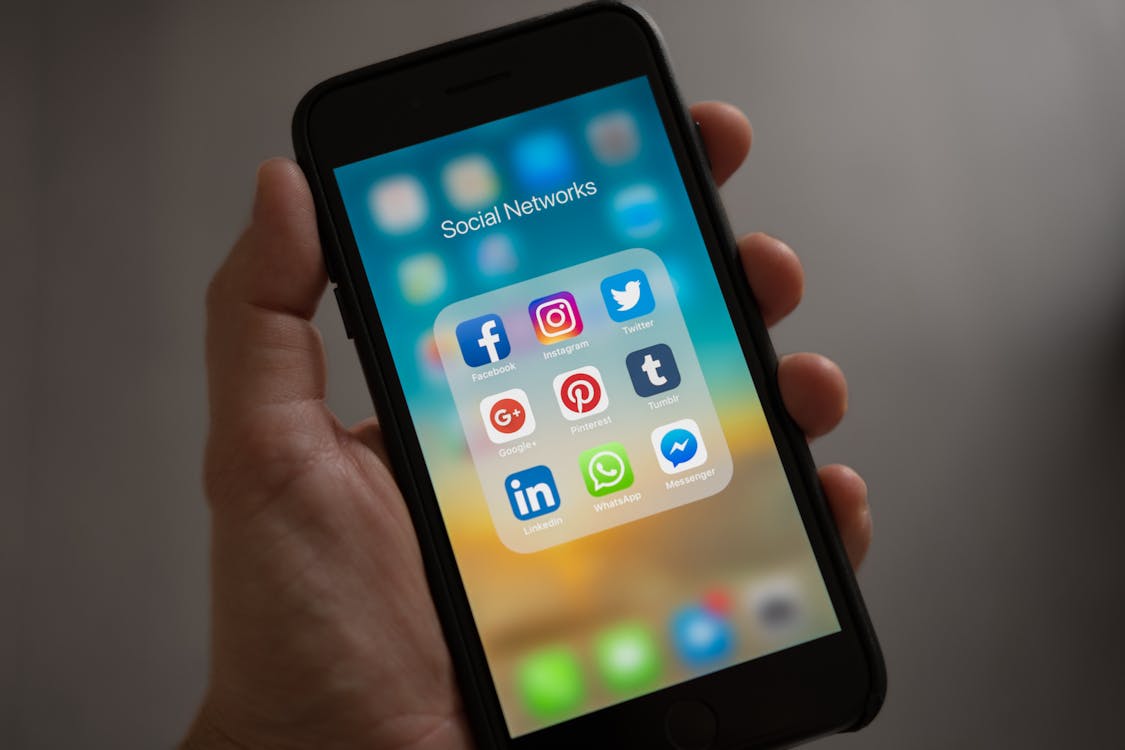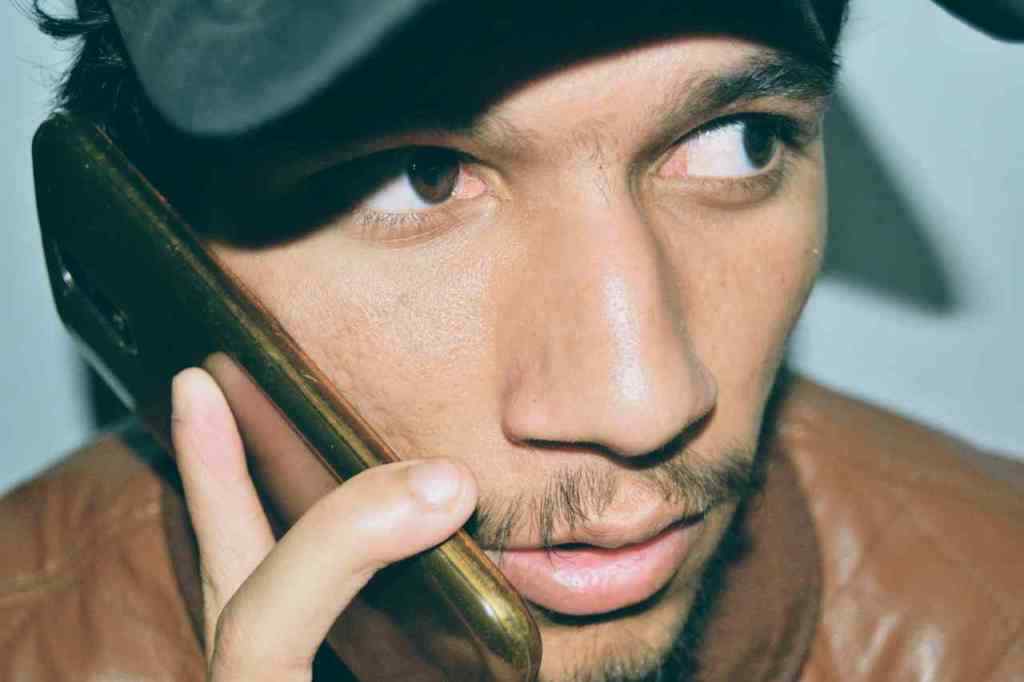UK Election – Online Campaigning Explodes as Traditional Media Stays Silent
It’s a strange, almost eerie feeling. The UK wakes up on General Election day, and instead of the usual cacophony of political punditry and last-minute pleas from candidates, there’s an almost deafening silence. Well, at least if you’re glued to your telly or radio, that is.
Yep, the traditional media blackout is in full swing, a relic from the when folks worried about their tellies brainwashing them on their way to the voting booth. Back then, it made sense. But in the age of TikTok and twenty-four-seven news cycles, it feels as outdated as a Betamax player in a world of Netflix.
The Digital Campaign Trail Heats Up
While your grandad might be enjoying the peace and quiet, online, it’s a completely different story. The internet is buzzing, throbbing even, with election fever. Political parties, savvy to the fact that the average Brit is now more likely to get their news from a meme than a morning paper, are pouring more dosh than ever into digital campaigning.
We’re talking serious cash here, folks. Think the entire budget for online campaigning back in – and then multiply it. This year, the battle for your vote is happening on your smartphone, laptop, and probably even your smart fridge (if it’s had a software update recently).
The result? A bit of a weird, two-tier system. Tune into the Beeb, and you’ll catch politicians awkwardly casting their own votes, interspersed with the occasional segment about how to fill out a ballot paper (spoiler alert: it’s not rocket science). Meanwhile, online, it’s all targeted ads, fiery debates in the Twittersphere, and enough political spin to make your head spin faster than a washing machine on full whack.
The Key Players in This Digital Drama
So, who are the big beasts battling it out in the digital jungle? Let’s take a look:
- Labour: Sir Keir’s crew are splashing the cash on big, bold homepage takeovers. Think those ads that follow you around the internet like a lost puppy? Yeah, those, but with more red and slogans urging a “vote for change.”
- Conservatives: Not to be outdone, the Tories are betting big on Facebook. Their weapon of choice? Hyper-targeted ads, localized down to the postcode, whispering dire warnings about a Labour “supermajority” and the imminent collapse of the economy (again!).
- Nigel Farage (Reform UK): Nige, never one to miss out on a good old-fashioned populist campaign, is all over Twitter and TikTok like a rash. Expect fiery soundbites, anti-establishment rhetoric, and maybe even a pint of beer thrown in for good measure.
And then there are the broadcasters, stuck in the middle like a referee in a particularly nasty brawl.
- Traditional Broadcasters: They’re bound by the rules, poor souls, restricted to reporting the dull but important stuff – which politician voted where, how to register if you’ve left it to the last minute (tut tut), that sort of thing. Ironically, you’re more likely to get in-depth analysis on the US Presidential race than our own election.
- Online News Outlets: The internet, being the wild west that it is, means online newspapers and magazines have a bit more freedom. They’re free to publish analysis, commentary, and all the juicy campaign gossip they can get their hands on.
- BBC Online: Even Auntie Beeb’s online presence has to play by the rules. Expect lots of practical voting info and enough pictures of cute dogs outside polling stations to make you want to puke rainbows.
UK Election – Online Campaigning Explodes as Traditional Media Stays Silent
It’s a strange, almost eerie feeling. The UK wakes up on General Election day, and instead of the usual cacophony of political punditry and last-minute pleas from candidates, there’s an almost deafening silence. Well, at least if you’re glued to your telly or radio, that is.
Yep, the traditional media blackout is in full swing, a relic from the when folks worried about their tellies brainwashing them on their way to the voting booth. Back then, it made sense. But in the age of TikTok and twenty-four-seven news cycles, it feels as outdated as a Betamax player in a world of Netflix.
The Digital Campaign Trail Heats Up
While your grandad might be enjoying the peace and quiet, online, it’s a completely different story. The internet is buzzing, throbbing even, with election fever. Political parties, savvy to the fact that the average Brit is now more likely to get their news from a meme than a morning paper, are pouring more dosh than ever into digital campaigning.
We’re talking serious cash here, folks. Think the entire budget for online campaigning back in – and then multiply it. This year, the battle for your vote is happening on your smartphone, laptop, and probably even your smart fridge (if it’s had a software update recently).
The result? A bit of a weird, two-tier system. Tune into the Beeb, and you’ll catch politicians awkwardly casting their own votes, interspersed with the occasional segment about how to fill out a ballot paper (spoiler alert: it’s not rocket science). Meanwhile, online, it’s all targeted ads, fiery debates in the Twittersphere, and enough political spin to make your head spin faster than a washing machine on full whack.
The Key Players in This Digital Drama
So, who are the big beasts battling it out in the digital jungle? Let’s take a look:
- Labour: Sir Keir’s crew are splashing the cash on big, bold homepage takeovers. Think those ads that follow you around the internet like a lost puppy? Yeah, those, but with more red and slogans urging a “vote for change.”
- Conservatives: Not to be outdone, the Tories are betting big on Facebook. Their weapon of choice? Hyper-targeted ads, localized down to the postcode, whispering dire warnings about a Labour “supermajority” and the imminent collapse of the economy (again!).
- Nigel Farage (Reform UK): Nige, never one to miss out on a good old-fashioned populist campaign, is all over Twitter and TikTok like a rash. Expect fiery soundbites, anti-establishment rhetoric, and maybe even a pint of beer thrown in for good measure.
And then there are the broadcasters, stuck in the middle like a referee in a particularly nasty brawl.
- Traditional Broadcasters: They’re bound by the rules, poor souls, restricted to reporting the dull but important stuff – which politician voted where, how to register if you’ve left it to the last minute (tut tut), that sort of thing. Ironically, you’re more likely to get in-depth analysis on the US Presidential race than our own election.
- Online News Outlets: The internet, being the wild west that it is, means online newspapers and magazines have a bit more freedom. They’re free to publish analysis, commentary, and all the juicy campaign gossip they can get their hands on.
- BBC Online: Even Auntie Beeb’s online presence has to play by the rules. Expect lots of practical voting info and enough pictures of cute dogs outside polling stations to make you want to puke rainbows.
A Tale of Two Elections?
This digital divide is creating a fascinating, if slightly unnerving, situation. It’s almost like we’re witnessing two parallel elections happening at the same time.
For those plugged into the digital matrix, it’s a day of high drama, constant updates, and enough political hot takes to make your head explode. Imagine a Twitter thread come to life, complete with arguments, memes, and the odd conspiracy theory thrown in for good measure.
Meanwhile, in the offline world, it’s a more subdued affair. Picture your nan, peacefully knitting in her armchair, catching the occasional news bulletin about voter turnout and the weather forecast (because let’s face it, this is Britain, and we’re obsessed with the weather). She might as well be living on a different planet.

The Voices From the Trenches
So, what do the experts make of all this? Well, they’re a divided bunch, as you might expect.
Sam Jeffers, the brains behind the digital transparency initiative WhoTargetsMe, reckons parties will be splurging more than a cool million quid on Meta ads alone today, with another quarter mil going to Google. That’s a whole lotta digital campaigning, folks.
“It’s an arms race,” Jeffers reckons. “Everyone’s trying to outspend and outsmart each other. The problem is, with all this targeted advertising, it’s getting harder and harder for voters to see the bigger picture.”
Then there’s Michael Crick, a veteran political correspondent who’s seen it all (and probably written a book about it). He reckons this whole election day blackout thing is a “relic” from a bygone era, about as relevant as a rotary phone in the age of the iPhone.
“The idea was to prevent last-minute swings influenced by biased broadcasting,” Crick explains. “But with postal voting now so prevalent, and people getting their news from a million different sources, it simply doesn’t hold water anymore. It’s time to ditch this outdated rule and let the broadcasters do their job.”
The Future of Election Coverage: A Digital Free-For-All?
So, what does the future hold? Well, one thing’s for sure – this digital genie ain’t going back in the bottle. The election is a taste of things to come, a glimpse into a future where online campaigning reigns supreme and the traditional media blackout is about as effective as a chocolate teapot.
Will we see a complete free-for-all, with politicians bombarding us with targeted ads right up until the moment we step into the polling booth? Or will regulators finally catch up with the digital age and find a way to ensure a level playing field (without, you know, crushing our collective souls with even more rules and regulations)?
Only time will tell. But one thing’s for certain: this election marks a turning point, a moment where the digital and the political collide head-on. And the aftershocks are gonna be felt for a long time to come.
